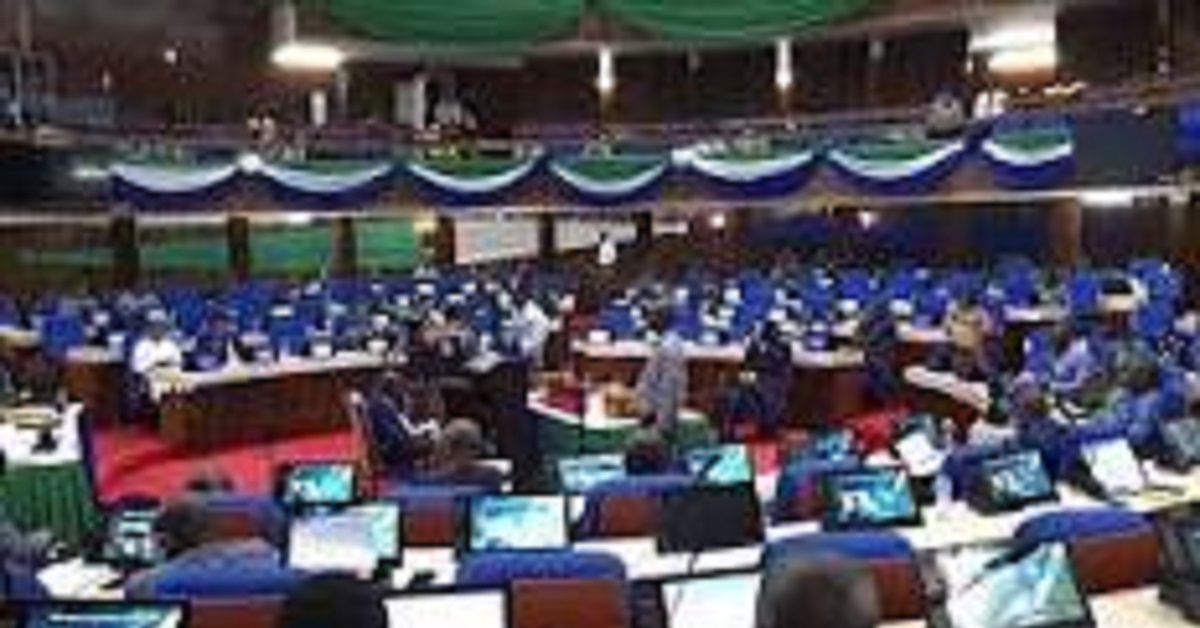Despite the increased number of female Members of parliament elected in the June 24, 2023, parliamentary election, the 30% threshold that was expected from the Civil Society Organizations and other stakeholders was not met.
Out of the 149 seats in the Sixth Parliament, only 42 will be members that are female, representing only 28% of the total and thus falls short by three members to get the required 30%. The previous House had 13% of female MPs.
At the end of 2022, President Julius Maada Bio signed into law the Gender Equality and Women Empowerment (GEWE) Act of 2022, which seeks to advance gender equality in the country. The Act stipulates that the President may take due consideration of the possibility of appointing women to at least 3o%. It was, however, silent on elective positions, but a section of the Public Elections Act says for every three candidates nominated, one should be female.
Now, six months later, a Parliamentary election was held, and the outcome has failed to attain the 30% threshold for gender parity within the Well of Parliament. The results announced by the Electoral Commission showed that there would be 42 females, including the one Paramount Chief (Moyamba) in Parliament.
The Sierra Leone Peoples Party (SLPP) has 25 women elected, and the All Peoples Congress (APC) has 16 women elected to the Sixth Parliament. Meanwhile, none of the remaining eight political parties or independent candidates succeeded in getting a seat.
Bonthe and Kailahun districts gave more than the 30% threshold, as each district recorded 40 per cent female representation. The Chairman of the Political Parties Regulation Commission (PPRC), Abdulai Bangura, was not happy with the way the parties had gone about handling the issue. Bangura lamented that though the parties followed the wording of the law, yet they did not follow the spirit of the law. He said he was expecting the parties to nominate women on 1, 4, and 9 on the list, but rather they had cleverly appointed women on 3, 9 etc. As a result, Falaba District is the only district without a female representation as the four seats were shared equally between the APC and the SLPP. Karene district elected one female instead of the required two since it has only five seats.
Political Parties over the years have consistently failed to support or nominate women for critical positions, despite them saying they have gender inclusivity within their party. Much to their failure, women’s political participation in the parliamentary election has only increased due to the statutory requirement in the Public Elections Act 2022. Two of the leading political parties, APC and SLPP, both nominated 88 women across all districts from the 158 women nominated for the just concluded election.
The remaining eight parties nominated 69 women, with one as an independent candidate in selective districts. The 158 female candidates represented 34% of all the 417 parliamentary candidates that contested for the 135 &2ats in the House. It could be recalled that when the President was signing the bill into -law, he said, “Women’s economic empowerment and protection are not political rhetoric. Empowering women is essential to the health and social development.
Over the years, the 50/50 Group has advocated for so many legislations to be entrenched within the political process to ensure women are not left out of political participation. “We believe that legislation like the Public Elections Act, the Political Parties Act and the GEWE Act was a good first step, and we are pleased to see that women’s representations will more than double. This is progress – while we are not where we want to be, we are better off than where we were,” said the Group’s President, Fredline MCormack-Hale.











